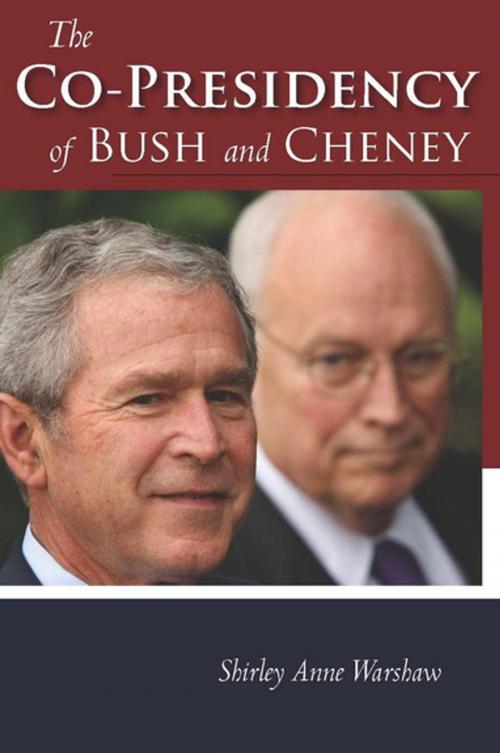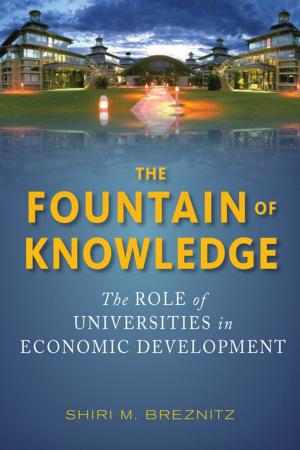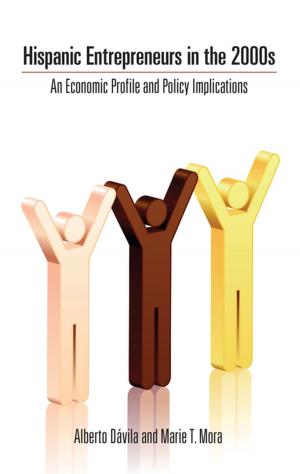The Co-Presidency of Bush and Cheney
Nonfiction, Social & Cultural Studies, Political Science, Government| Author: | Shirley Anne Warshaw | ISBN: | 9780804771184 |
| Publisher: | Stanford University Press | Publication: | April 14, 2009 |
| Imprint: | Stanford Politics and Policy | Language: | English |
| Author: | Shirley Anne Warshaw |
| ISBN: | 9780804771184 |
| Publisher: | Stanford University Press |
| Publication: | April 14, 2009 |
| Imprint: | Stanford Politics and Policy |
| Language: | English |
The Bush administration is out but the American public continues to suffer from its disastrous domestic and foreign policies. In this excellently documented work, presidential scholar Shirley Anne Warshaw offers an in-depth analysis and exploration of the political maneuvering that got us into our current mess. Combining her study of the motivations of both Dick Cheney and George W. Bush, knowledge of the spheres in which they operated, and personal interviews with White House staff and Washington insiders, Warshaw demonstrates that these complementary conservatives were nothing less than co-presidents. Breaking with popular sentiment, she denies that Bush's authority was hijacked or stolen. Bush, rather, focused on building what he called a moral and civil society, anchored by a war on science and by the proliferation of faith-based programs, while allowing Cheney to lead in business and foreign policy. Warshaw highlights Cheney's decades-long career in Washington and his familiarity with its inner workings to present a complete picture of this calculating political powerhouse who continues to capture headlines. From Cheney's unprecedented merging of the vice president's office into the president's to his abhorrence of what he deemed congressional interference in the president's ability to do his job, Warshaw paints an intriguing, and at times frightening, portrait.
The Bush administration is out but the American public continues to suffer from its disastrous domestic and foreign policies. In this excellently documented work, presidential scholar Shirley Anne Warshaw offers an in-depth analysis and exploration of the political maneuvering that got us into our current mess. Combining her study of the motivations of both Dick Cheney and George W. Bush, knowledge of the spheres in which they operated, and personal interviews with White House staff and Washington insiders, Warshaw demonstrates that these complementary conservatives were nothing less than co-presidents. Breaking with popular sentiment, she denies that Bush's authority was hijacked or stolen. Bush, rather, focused on building what he called a moral and civil society, anchored by a war on science and by the proliferation of faith-based programs, while allowing Cheney to lead in business and foreign policy. Warshaw highlights Cheney's decades-long career in Washington and his familiarity with its inner workings to present a complete picture of this calculating political powerhouse who continues to capture headlines. From Cheney's unprecedented merging of the vice president's office into the president's to his abhorrence of what he deemed congressional interference in the president's ability to do his job, Warshaw paints an intriguing, and at times frightening, portrait.















